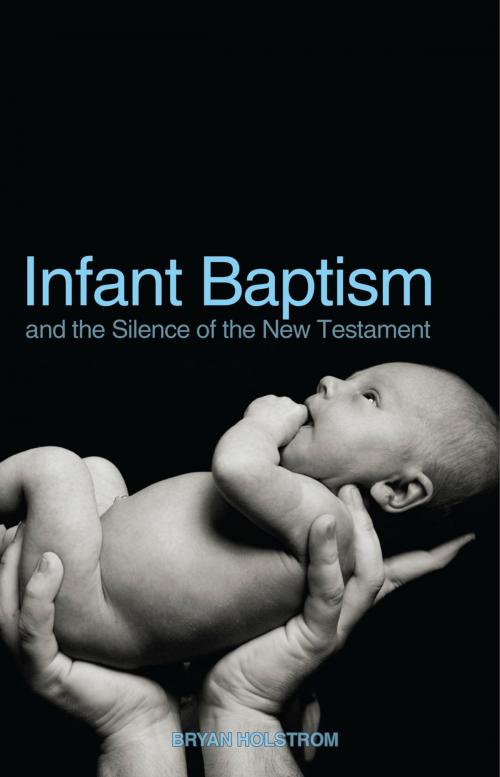Infant Baptism and the Silence of the New Testament
Nonfiction, Religion & Spirituality, Christianity, Church, Christian Life| Author: | Bryan Holstrom | ISBN: | 9781620204382 |
| Publisher: | Ambassador International | Publication: | January 24, 2015 |
| Imprint: | Ambassador International | Language: | English |
| Author: | Bryan Holstrom |
| ISBN: | 9781620204382 |
| Publisher: | Ambassador International |
| Publication: | January 24, 2015 |
| Imprint: | Ambassador International |
| Language: | English |
Since the time of the Reformation—some Christians have argued that the historic church’s practice of infant baptism is without proper biblical warrant. The most frequently heard refrain from those in this camp is that, because the New Testament contains no explicit command to baptize the infant children of believers, the practice is ultimately based upon an “argument from silence.” In Infant Baptism and the Silence of the New Testament, Bryan Holstrom turns that assertion on its head, by demonstrating that, far from being an argument against infant baptism, the silence of the New Testament in this regard is actually support for the practice. Moreover, he demonstrates that the New Testament actually has much to say in support of the baptism of infants, albeit in indirect (but important) ways. The result is a straightforward and non-technical presentation of the biblical case for infant baptism that is designed to help Christians on both sides of the divide better understand the issues involved, and appreciate the covenantal basis upon which the Reformed church retained the historic practice.
Since the time of the Reformation—some Christians have argued that the historic church’s practice of infant baptism is without proper biblical warrant. The most frequently heard refrain from those in this camp is that, because the New Testament contains no explicit command to baptize the infant children of believers, the practice is ultimately based upon an “argument from silence.” In Infant Baptism and the Silence of the New Testament, Bryan Holstrom turns that assertion on its head, by demonstrating that, far from being an argument against infant baptism, the silence of the New Testament in this regard is actually support for the practice. Moreover, he demonstrates that the New Testament actually has much to say in support of the baptism of infants, albeit in indirect (but important) ways. The result is a straightforward and non-technical presentation of the biblical case for infant baptism that is designed to help Christians on both sides of the divide better understand the issues involved, and appreciate the covenantal basis upon which the Reformed church retained the historic practice.















